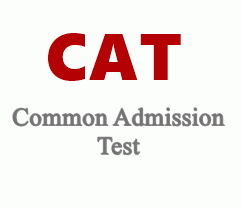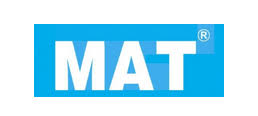RBI GRADE - B Overview
RBI Grade-B is a national level competitive exam. It is conducted by Reserve Bank of India. The recruitment for the post is offered under Grade ‘B’ (General) - DR, DEPR and DSIM in Common Seniority Group (CSG). The recruitment of RBI Grade-B 2026 is conducted into three phases Preliminary, Main exam and Interview Round.
In the Section of RBI, We will discuss the topics mentioned below related to Official Notice and highlight of RBI Grade-B 2026 important updates followed by Important dates relates to Date of registration, exam dates, Result and final Interview. Compare to the last year the number of vacancies are also increased so get details in the table. Also, get details of Eligibility, application fees, exam pattern, syllabus, step to apply online application, Interview, result and many more.
Avision Institute- An inspirational coaching centre for RBI Grade-B and Other banking institute preparation has several bank exam coaching centre Kolkata.
RBI Grade-B 2026 Coaching: Avision Institute provides the best RBI Grade-B Coaching in India. Our Institute provides the best study material that relevant to the latest exam of IBPS and Banking. Our institute is the most promising Institute that deliver the best education in terms of preparation and make update with latest exam pattern and syllabus. The faculty member of Avision is well experienced and most of them were succeed the Government exams at every form. They are commonly provides the best result in terms of Bank exams. We carried the student friendly-environment, regular doubt classes, and comfort learning process.
Important Government Exams

IBPS PO

IBPS CLERK

IBPS SO

IBPS RRB

SBI PO

SBI CLERK
Live Classes

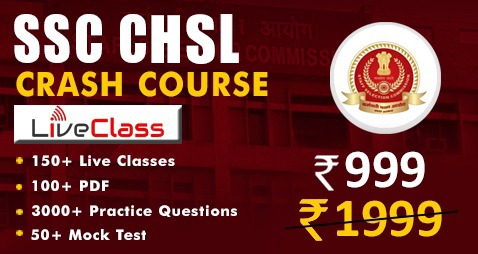
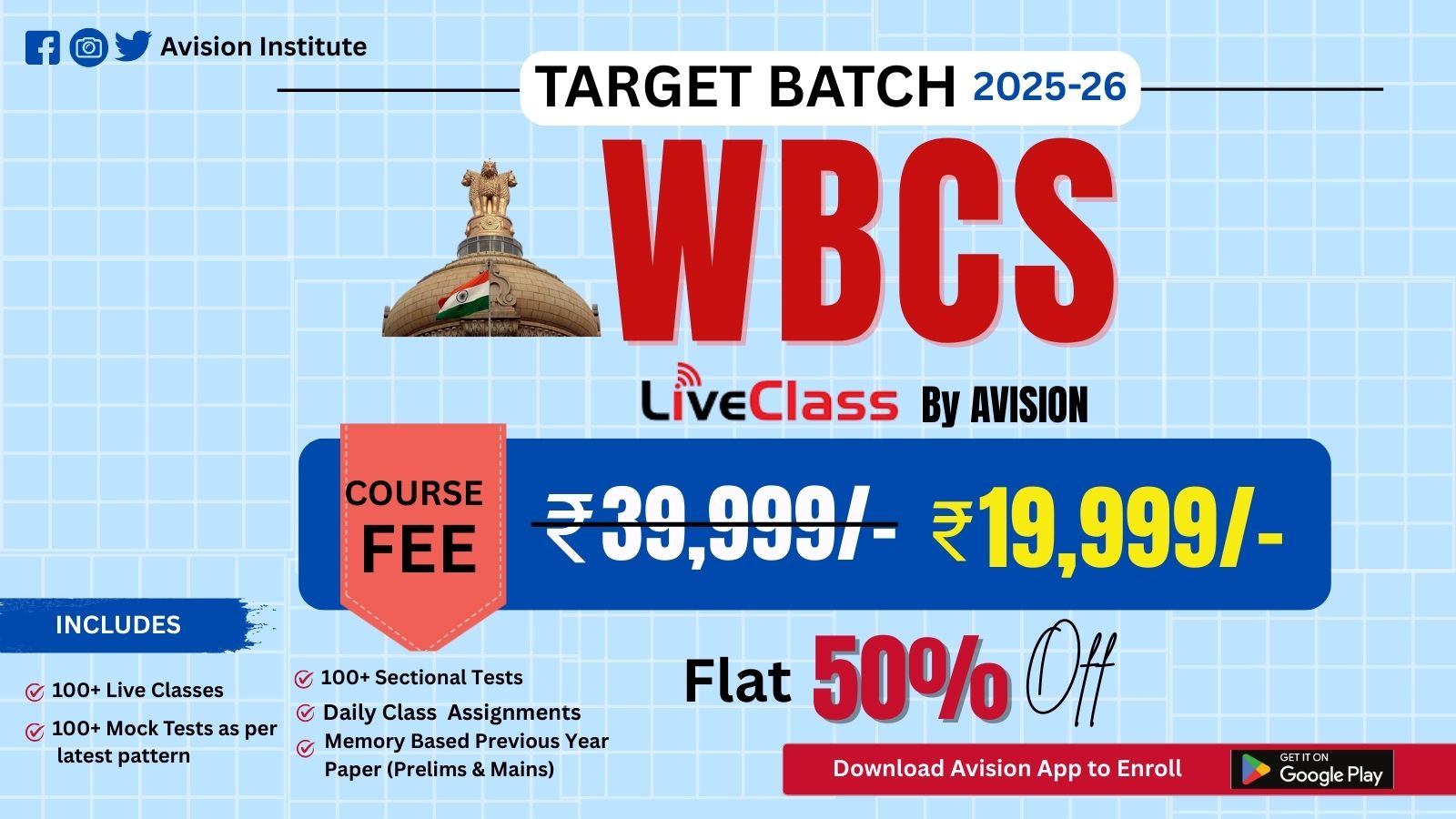
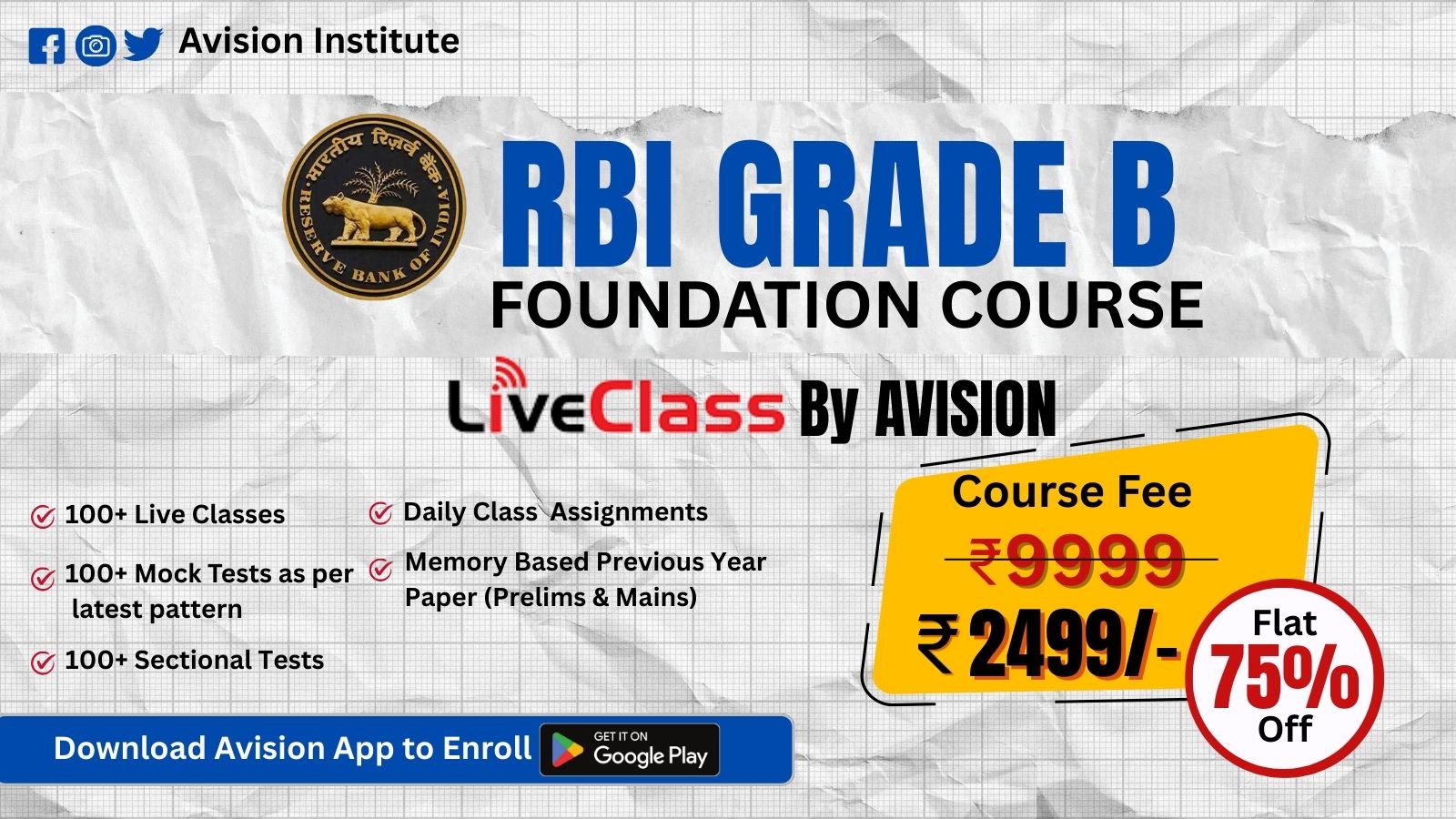





DOWNLOAD THE AVISION APP

1 Month Plan
199 299
Save 33%Buy Prime membership and unlock all test.
12 Month Plan
599 1099
Save 45%Buy Prime membership and unlock all test.
1 Month Plan
199 299
Save 33%Buy Prime membership and unlock all test.
12 Month Plan
599 1099
Save 45%Buy Prime membership and unlock all test.
1 Month Plan
199 299
Save 33%Buy Prime membership and unlock all test.
12 Month Plan
599 1099
Save 45%Buy Prime membership and unlock all test.








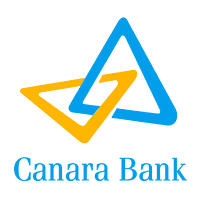
































































 Police
Police




















































 CUET & CET
CUET & CET 









 MBA Exams
MBA Exams